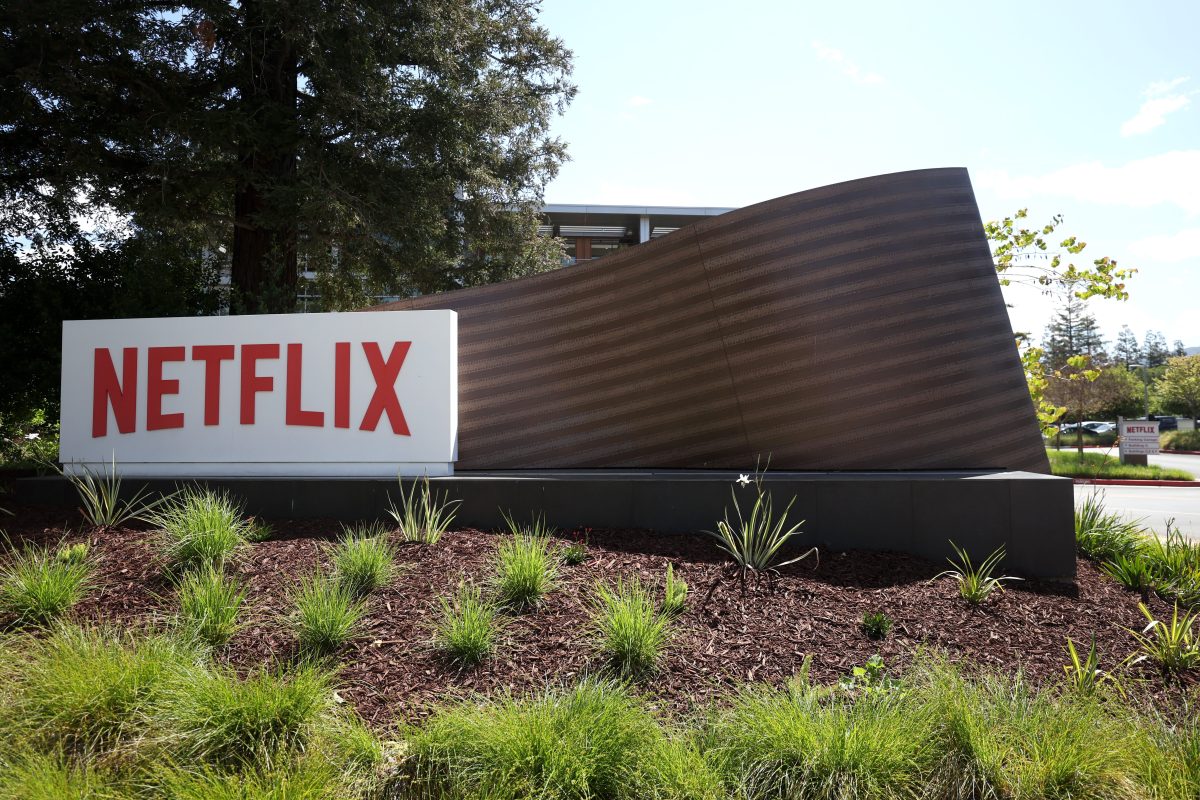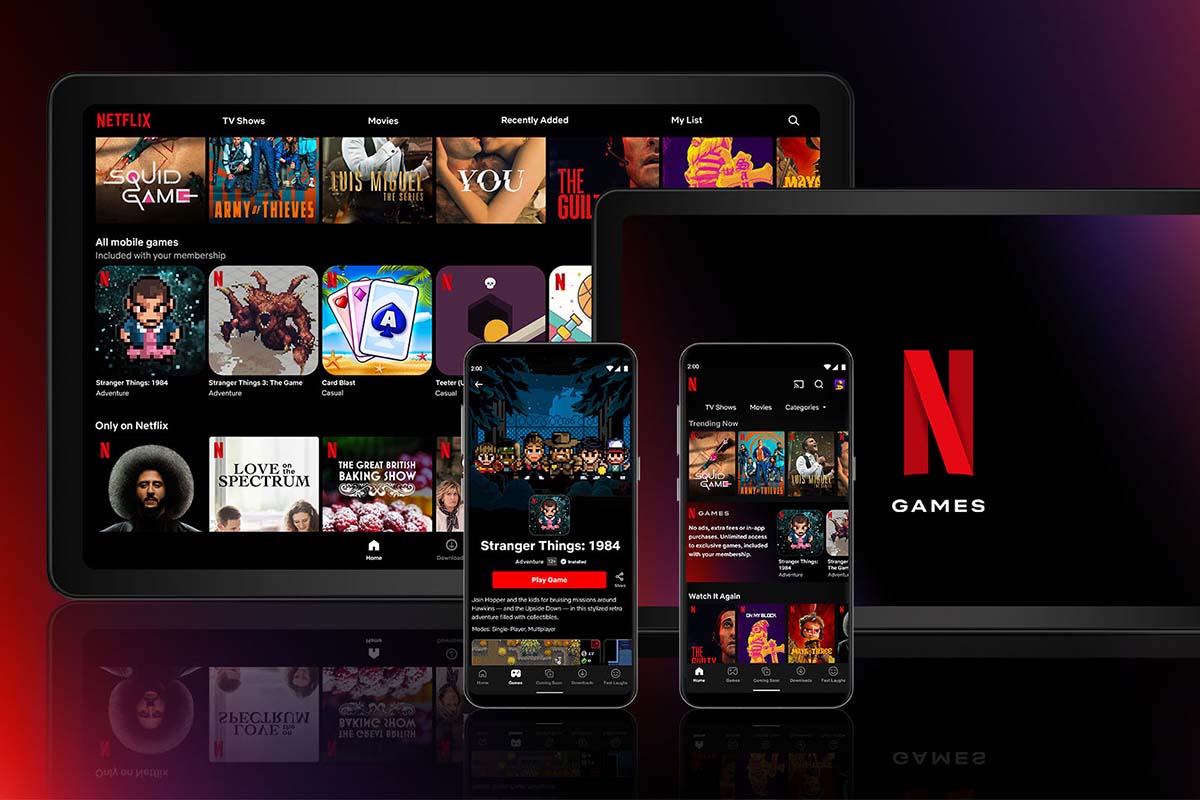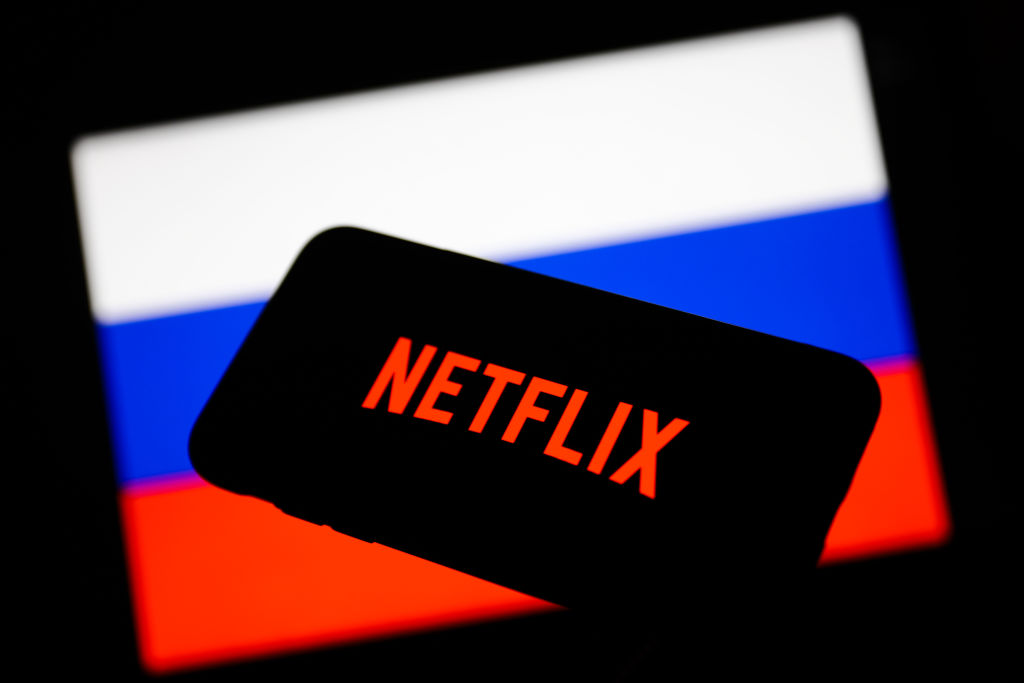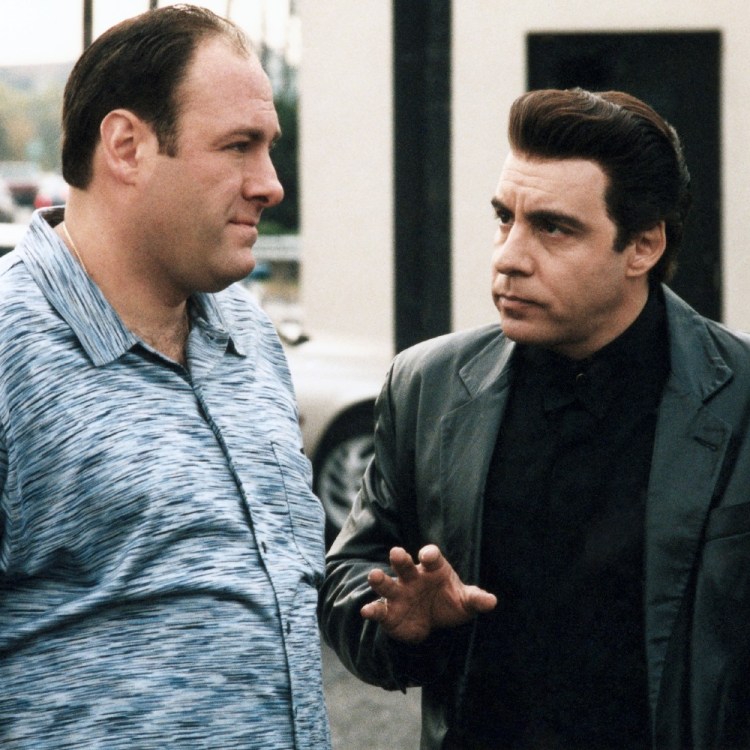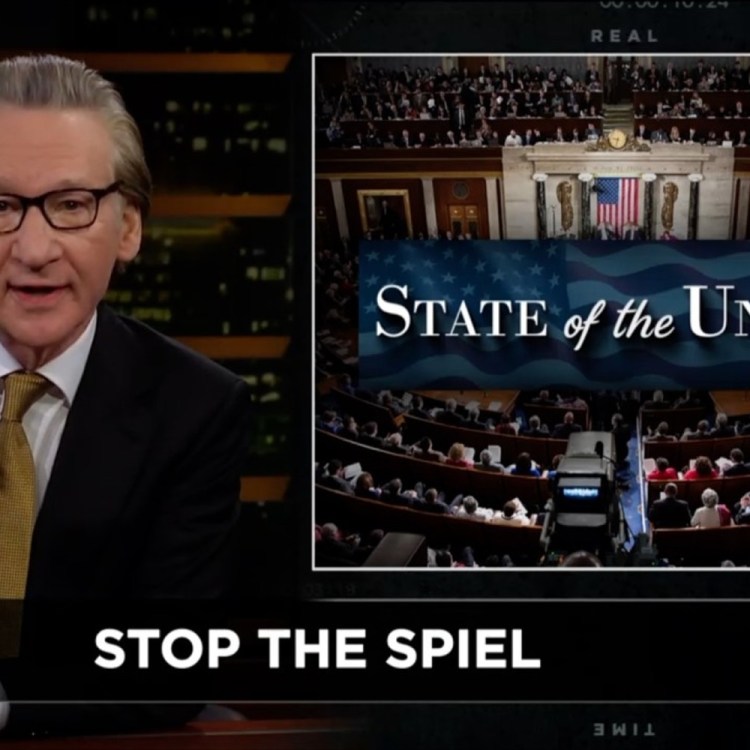Earlier this week, Netflix made a shocking admission, revealing in its first-quarter 2022 earnings report that it lost 200,000 subscribers in Q1 and expects to lose as many as 2 million more during Q2. In other words, the streaming service — once a trail-blazer in its field — is hemorrhaging paying customers.
That’s obviously terrible news for the company, whose stock dropped a whopping 25 percent as a result of the announcement. And it seems to have been a surprise to everyone involved: Netflix actually projected it would add subscribers during Q1 of this year — specifically 2.5 million paid net adds. Instead, between January 1 and March 31, they dropped from 221.84 million subscribers to 221.64 million. It’s the first time Netflix has lost subscribers during a quarter in 10 years.
But rather than take a long, hard look at their recent programming decisions, Netflix seems to be blaming the dip in subscribers on password-sharing among customers. As Variety reports, co-CEO Reed Hastings said the company plans to crack down on password-sharing to bolster subscriptions. “They love the service, we’ve just got to get paid,” he said.
There are, of course, some other factors outside of Netflix’s control at play here. The streaming landscape is entirely different than it was once Netflix first launched; there are now entirely too many streaming services to choose from. And there is, at a certain point, a finite amount of growth that can occur; at this point, it feels like everyone who is ever going to sign up for Netflix probably already has a Netflix account. But a lack of growth isn’t the same thing as the subscriber exodus that they’re currently experiencing, and to insist that password-sharing is to blame feels like an insane deflection. With so many different options at their fingertips these days, customers are going to be drawn to whichever streamer’s content is most appealing to them — and it’s obvious that that’s not Netflix’s.
In recent years, Netflix has pivoted away from prestige drama (Orange Is the New Black, The Queen’s Gambit and Russian Doll — to name a few) and centered much of its original programming around trashy reality shows like Love Is Blind, The Circle, Too Hot to Handle and most recently, The Ultimatum. The streaming service is also notoriously impatient when it comes to allowing promising shows time to find their footing; Netflix has a reputation for canceling popular, critically beloved shows after just a season or two. (Recent examples include The Babysitters Club and GLOW, and it even canceled the animated series Bone without ever airing a single episode.) When they yanked On the Verge after just one season, it was star Julie Delpy who was forced to break the news; Netflix didn’t even bother to announce the cancellation.
Why would anyone bother subscribing when it’s clear that their favorite shows could be unceremoniously axed at any moment? How can Netflix expect to have dedicated subscribers when their original programming changes more frequently than the tides? Who even wants to share a password to a service that doesn’t have anything worth watching these days?
Thanks for reading InsideHook. Sign up for our daily newsletter and be in the know.
